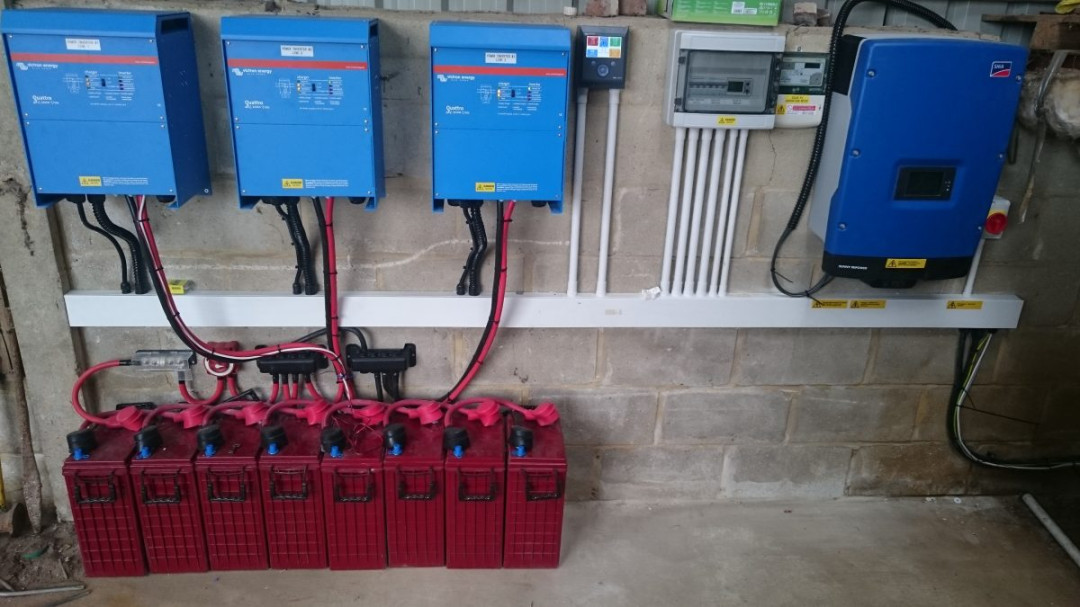Introduction
Living off the grid is a dream for many, offering independence and a smaller environmental footprint. A crucial component of any off-grid setup is the battery system. But with countless options available, choosing the right battery can be overwhelming. This article will guide you through the essential factors to consider when selecting the best battery for your off-grid solar system.
Understanding Your Energy Needs

Before diving into battery types, it’s crucial to assess your energy consumption. Consider the following:
Daily energy usage: How much electricity do you consume daily?
Types of Batteries for Off-Grid Systems
Lead-Acid Batteries
Pros: Affordable, widely available, deep cycle options exist.
Lithium-Ion Batteries
Pros: Long lifespan, high energy density, fast charging, efficient, maintenance-free.
Lithium-Iron-Phosphate (LiFePO4) Batteries
Pros: Excellent safety, long lifespan, deep cycle capability, wide operating temperature range.
Factors to Consider When Choosing a Battery
Battery Capacity
Measured in amp-hours (Ah) or kilowatt-hours (kWh).
Depth of Discharge (DOD)
Indicates the percentage of battery capacity that can be safely used before recharging.
Charge and Discharge Rates
Consider how quickly the battery needs to be charged and discharged.
Battery Chemistry
Battery Lifecycle
The number of charge/discharge cycles a battery can endure before capacity significantly declines.
Environmental Conditions
Temperature extremes can affect battery performance and lifespan.
Battery Maintenance and Safety
Follow manufacturer’s recommendations for charging, discharging, and storage.
Conclusion
Selecting the best battery for your off-grid solar system involves careful consideration of your energy needs, budget, and desired performance. While lithium-ion and LiFePO4 batteries offer superior performance and longevity, lead-acid batteries remain a viable option for smaller systems. By understanding the key factors and comparing different options, you can make an informed decision that maximizes your off-grid independence.
FAQs
1. How long do off-grid batteries typically last?
Battery lifespan varies depending on type, depth of discharge, and maintenance. Lithium batteries generally last longer than lead-acid, with some LiFePO4 batteries offering up to 10,000 cycles.
2. Can I use a car battery for my off-grid system?
Car batteries are not designed for deep discharge cycles and will have a short lifespan in an off-grid system. Invest in a deep cycle battery specifically designed for this purpose.
3. How do I size my battery bank for off-grid living?
To determine the appropriate battery bank size, calculate your average daily energy consumption and multiply it by the number of backup days required. Consider factors like peak demand and battery efficiency.
4. Are there any government incentives for off-grid battery systems?
Check with your local government or utility provider for potential incentives or rebates related to off-grid solar and battery systems.
5. What is the best way to charge off-grid batteries?
Solar panels are the primary charging source for off-grid batteries. Wind turbines can also contribute. Proper charge controllers are essential to regulate the charging process and protect the batteries.